Sometimes it can be hard to care. Caring places us in vulnerability.
When done solely from a place of sadness or fear, it can feel like adding a load to a heart already tired from personal issues — but it doesn’t have to.
Allowing the world, those outside of our sphere, to touch our compassionate side can be liberating, empowering and frankly, wonderful, if we just have hope that change can happen.
Darling has long had a practice in print of allotting, at a minimum, one article per issue to highlight local, national and global non-profits. We believe that we can not only incentivize you — our community — to become more involved in the world around you, but also that we can give a little bit of added hope in the process.

There are many, many incredible, kind, selfless people out there giving their time and energy to care-taking the world around them. Yet, it’s time to dig a little deeper and begin to examine some of the main components to global and national oppression of women, in particular.
The largest sign of societal breakdown is most obviously poverty; women and children are, globally, the poorest of the poor. It’s estimated that 104 million children under five are living in extreme poverty (World Bank, 2016) — but we also find, as Steven Levitt and Stephen Dubner wrote in Freakanomics (2009), “Despite jokes about women as spendthrifts, mothers (and grandmothers) are expected to consider their children’s needs a paramount. Selfless spending becomes a hallmark of moral virtue.”
This has led to policymakers and aid organizations giving their funds primary to women in the cultures they are seeking to help. In 2010, Haitian leaders gave food vouchers only to women in the wake of the earthquake, citing that the food would be more likely to be divided equitably than if men were in control of the vouchers.
So what does this all mean? It essentially explains that we can lift poverty off of cultures, in part, through the empowerment and equipping of the women within those societies, and this includes America.
The largest sign of societal breakdown is most obviously poverty; women and children are, globally, the poorest of the poor.
Many of us are aware that lack of education is a major contribution to the marginalization of women. However, according to Dr. Charles Basch, author of Healthier Students Are Better Learners, health issues also play a major role in limiting students ability to learn. These two factors — access to education and public health — are inextricably linked. You can’t address one without the other.
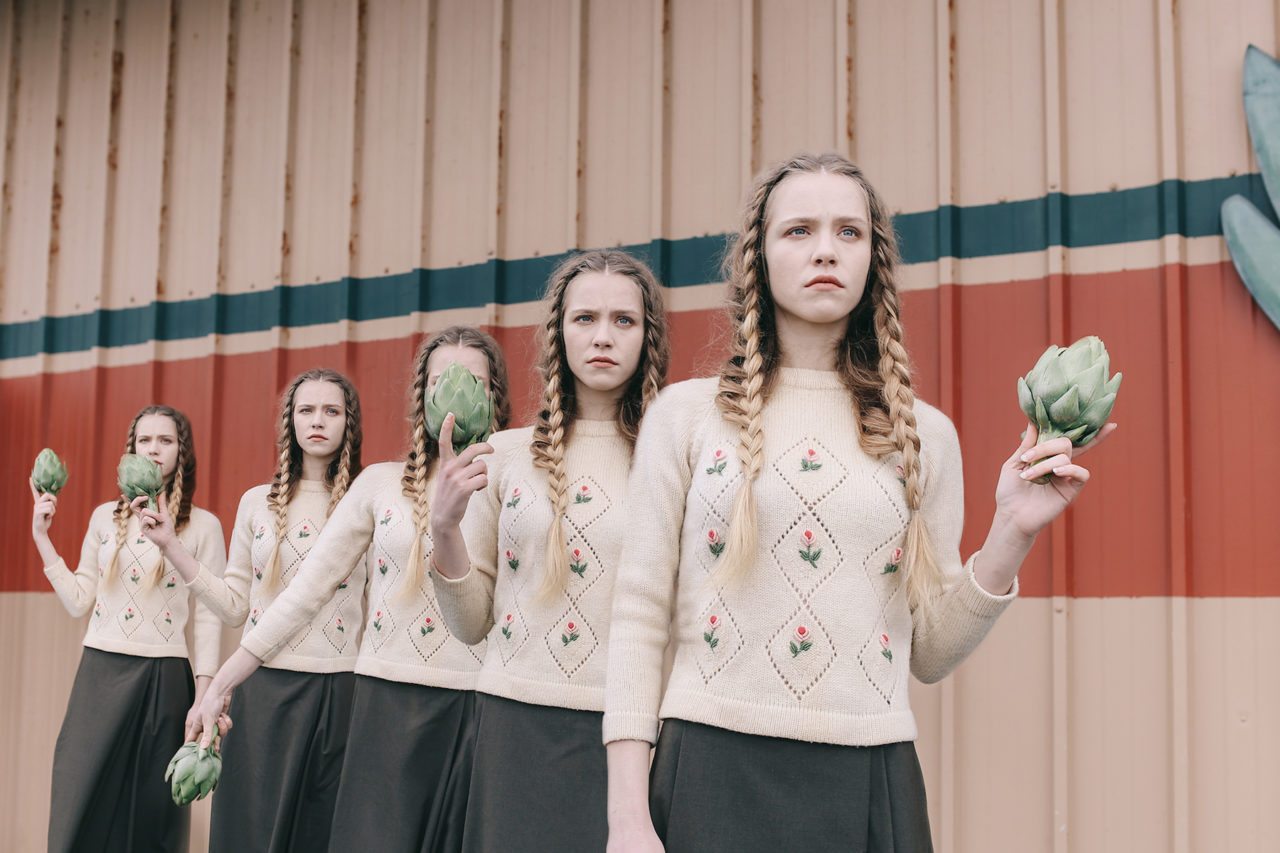
They aren’t the only example where one arena of society is inextricably tied to another. In a previous interview with the founder of Outland Denim, James Bartle discussed that the impetus for founding his company was to provide jobs to women who were serving as practically indentured servants and trafficking victims.
Yet, in the process of his establishing the company, he discovered that clean water and living conditions weren’t enough; he needed to be aware of the environmental footprint every aspect of the business was having in that nation.
These two factors — access to education and public health — are inextricably linked. You can’t address one without the other.
Bartle saw the link between environmental care and health issues, which traveled directly to the ability of women — however freed — to work and thus be truly empowered citizens. Thus we learned that safety and rescue of women in any kind of bondage doesn’t equal empowerment; there has to be a holistic approach. And of course, the laws and bias of the government and power structures within the nation must be leveled to consider the rights of all citizens as equal for the circle to fully close.
This year, Darling Media is proud to launch our Empowerment: From All Sides campaign.
Essentially, we can see that all of these arenas — Health & Environment, Politics, Education and Safety — are linked in ways both complex to address but simple to understand. We’ll begin by spending some time in print, online and across our social platforms to discuss initiatives and non-profits focused on education. We’ll do the same in the coming quarters to address Safety, Politics and Health&Environment.
We’d love to hear from you which on organizations and campaigns are working increase access to education for women around the globe. Share with us in the comments, and stay tuned for more on this campaign to come!
[action_button]Feature Image via Marshall Cox


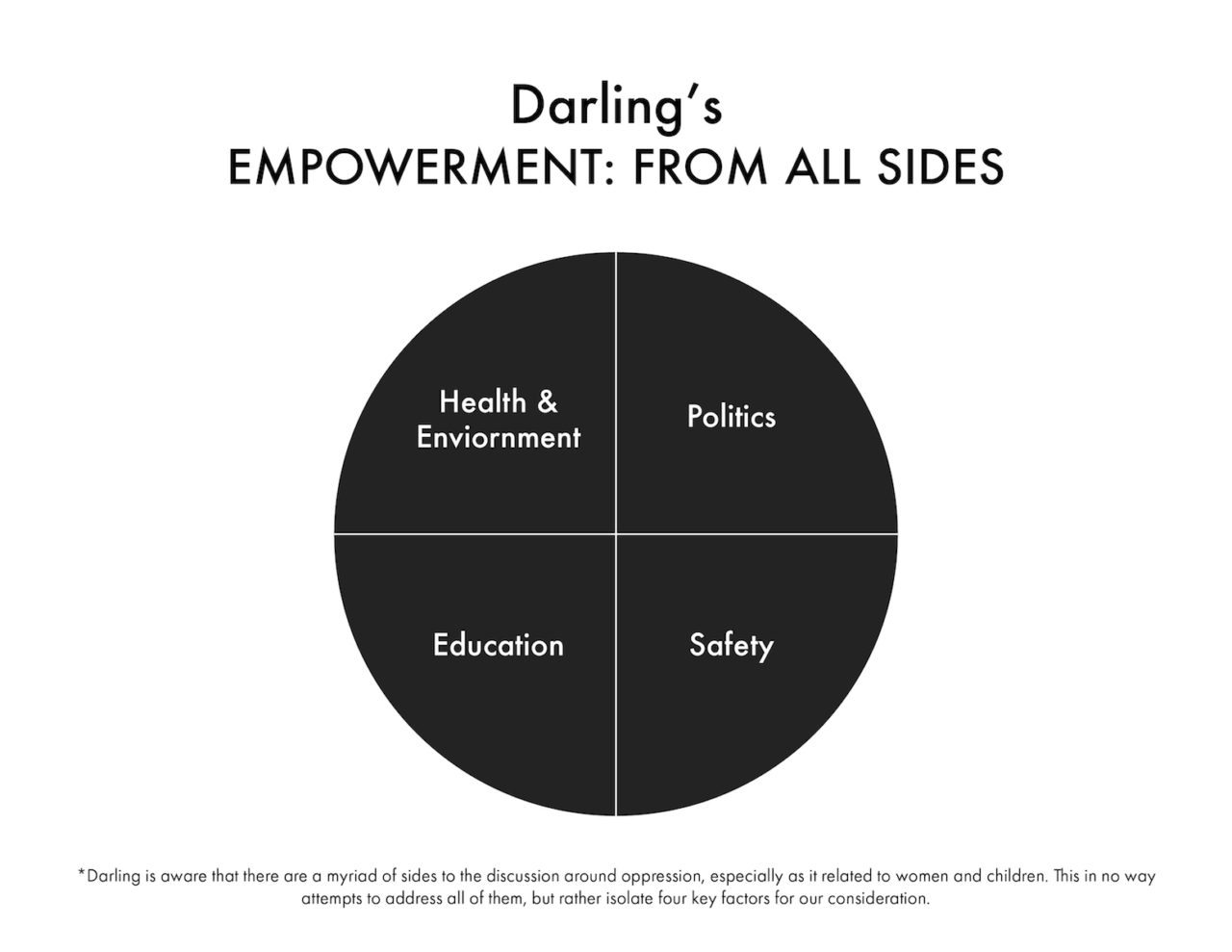
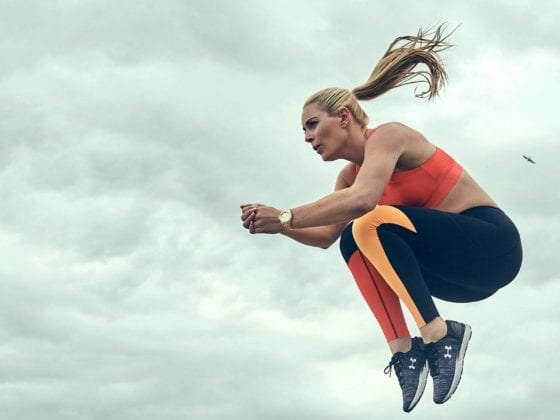
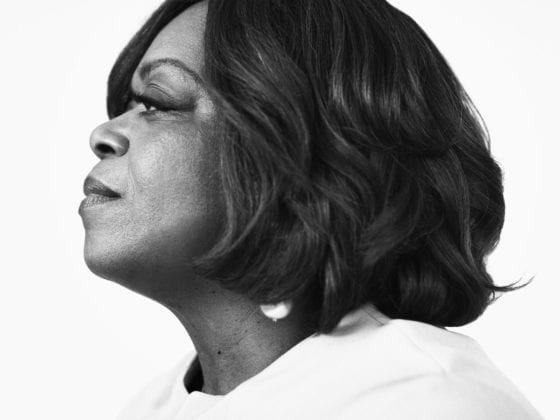



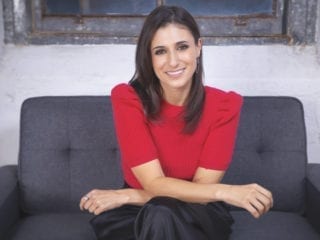
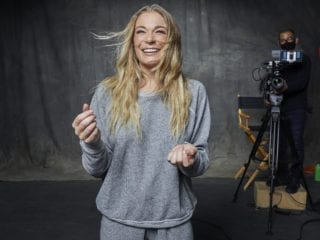



5 comments
I know that this article first came out about 8 months ago, but it is still had a message that needs to be shared!
My favorite organization to support for empowering women is Convoy of Hope. They have had tremendous success,in at least seven countries, of walking with women and helping them break the cycle of poverty not just for themselves, but for their children.
Cassandra Bassnett-Lee founded Justice Rising and has been actively building schools and partnering with local agencies to improve acces to education and reduce risk of children being abducted/recruited in rebel armies and to prevent them from becoming sex traffic victims in DR Congo. She and her husband are now also working in the Middle East to rebuild 2 girls schools that were destroyed by ISIS. They are an incredible couple who recognize the crucial link between education and peace, prosperity and the overall improvement of individual lives as well as an entire nations. Please check them out!
Justicerising.org
Love this! I’m so excited to see how Darling highlights each of these. Thank you for all the work you do to make a difference in the world! xx
Thank you for being a part of the change we are making together!